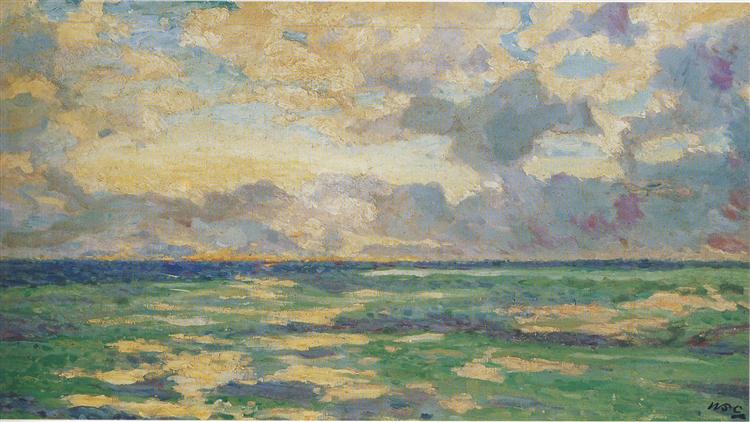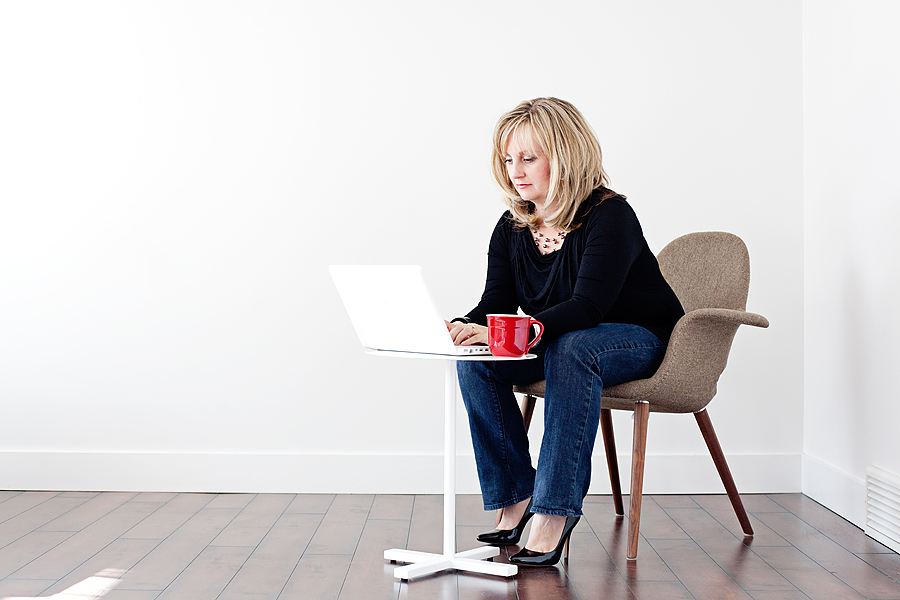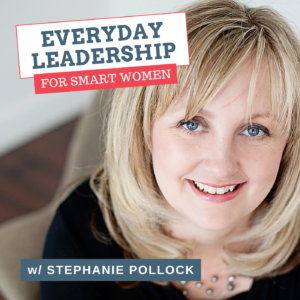You are meant to be more than just busy.
Many years ago there lived a man who had significant demands on his time and mental resources. He worked long hours and was required to make important decisions on a daily basis. The toll was great and the stakes were high.
To cope, he picked up a paintbrush at age 40 on a whim and gave it a try. This pastime offered him a distraction from his work and the mental reprieve he needed to show up when it mattered.
At the end of his life, he had painted over 500 works of art.
That man was Winston Churchill.
For my Crown fans, you may now remember a few poignant scenes where John Lithgow depicted Churchill alone in a quiet space on his property, painting landscapes as a way to escape as he once said, “the private pressures of the public persona.”
In his short but powerful book, Painting as a Pastime, Churchill reflects on why painting offered him a necessary refuge from what was arguably one of the most important jobs in the world at the time.
In his book he says,
“Painting came to my rescue in a most trying time.”
He goes on to encourage readers to find a pastime outside of work that meets these three criteria:
- That we approach it from a place of audacity, not ambition. Our pastimes shouldn’t be pursuits in perfection, but rather experiments in showing up and experimenting.
- That it’s different from our regular work. He would never encourage a manual labourer to engage in a football game on the weekend, as it would be too similar. We should find a pastime that feels distinctly different from our normal day-to-day demands, preferably one that engages both our eyes and our hands.
- It uses our brain. The reprieve we seek is never about tuning out the world, but about engaging with it instead.
A while back, I was coaching with a client who worked a full-time job and had a non-profit start-up on the side.
She came to one of our sessions with markedly low energy, and shared that she was feeling the effects of a non-stop to-do list.
She said she felt like she was headed toward burnout but didn’t know what to do. She was sleeping well and eating healthfully – what was her problem?
As I shared this story about Churchill the lights went on and she said, “All I do is work that requires my brain and my organizational skills. I never get a break from it because it’s in both my roles.”
We came up with a strategy to engage another part of her that would offer a mental load break. At first, it was to start playing an instrument – a particularly uncommon one called the Theremin.
And while that seemed fun and completely outside the norm for her, it didn’t take long to realize that the pathway to incorporating that felt too onerous.
I asked her, “What feels easy?”
And she quickly said, “Going to boxing class twice a week.”
Find something that brings you joy outside of work. Something that taps a part of you that is otherwise not engaged. A part you don’t have to monetize. A part that may never go public.
For me, that’s cooking. When I’m making a nice dinner for family or friends, I can’t be anywhere else. I turn on music and let my brain take a break while I engage my other senses.
For you it might be colouring, or reading fiction, crossfit or cross stitch, or walking the neighbourhood dogs. It can become a long-term project or simply burst through as a short-term inspiration.
It doesn’t need to become a formal hobby, and you can change it up anytime you want without consequence. There are no rules.
Find the thing that keeps you engaged in the present and that requires nothing from you except your devotion.
Use it to fuel you when your work doesn’t, which it most certainly can’t all the time.
Find joy beyond your work.
*Image: Daybreak at Cassis, 1920, Winston Churchill
Want more on this? Listen to my episode, “7 Ways to Love Your Work Again.”



